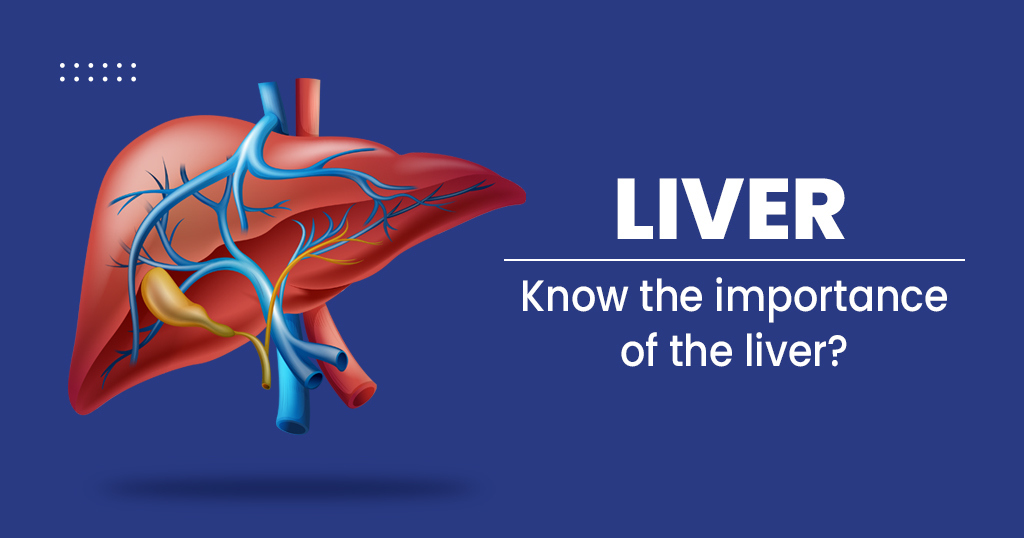The key thing your liver performs to keep you healthy is to serve as your body’s filter for removing pollutants. However, if you put too much strain on it through heavy drinking, recurrent virus infections, or a prolonged bad diet it may start to have health issues.
According to the expert gastroenterologist and hepatologist Dr. Sushrut Singh, few people recognize when their liver is failing, which increases their chance of developing major illnesses. Most people with liver failure aren’t even aware of the causes, much less the symptoms, which makes them more prone to develop liver cancer.
- Fluid Retention:
This is the most common sign of liver disease, which is cirrhosis, a condition in which scar tissue replaces healthy liver tissue.
A buildup of fluid may result in limb edema or abdominal distension.
This occurs when your liver veins become hypertensive or when your liver is unable to produce albumin, a protein that stops blood from leaking into tissue.
Treatments:
Options for treatment include a low-sodium diet, which may ease moderate fluid retention. A paracentesis, which uses a needle to remove abdominal fluid, is frequently required in severe instances.
- Jaundice:
Darker urine and a yellow tinge to the skin or whites of the eyes are symptoms of this disease. It appears when the pigment bilirubin, produced when red blood cells degrade, accumulates in the bloodstream. Bilirubin is absorbed by and transformed into bile by a healthy liver. Your body subsequently eliminates it through your feces.
Treatment:
A significant indicator of liver failure is Jaundice. Your doctor might assess your candidacy for a liver transplant if you have jaundice.
- Bleeding
About 25% of your blood is regularly cycled by your liver from your portal vein. Cirrhosis, however, can lead to bleeding. You can detect rectal bleeding, blood in your stool, or vomit blood.
Expert hepatologist Dr. Sushrat Singh explains that the flow through the liver is often relatively quick and comparable to traveling on a high-speed highway. But when you have cirrhosis, the route turns into a rough road or a congested area due to scarring. As a result, the blood looks for alternatives. Your spleen receives blood from those detours and grows as it tries to clear the congestion. Your esophagus and stomach may have varicose veins, and these enlarged veins are prone to bleeding. Clotting proteins are produced by a healthy liver. But a damaged liver can’t, which causes additional blood. Platelets are gathered from your bloodstream by an enlarged spleen. You are more likely to get nosebleeds and bleeding gums if your platelet count is low.
Treatment:
Do not delay in visiting the emergency room if you are throwing up blood. According to Dr. Sushrut Singh, doctors will examine you and halt your bleeding using an upper endoscopy. According to him, if bleeding is significant, doctors may insert a stent to join veins that enter and exit your liver and establish a new blood vessel.
- Confusion:
Toxins may enter your brain if your liver is unable to filter them. Hepatic encephalopathy, the ensuing condition, can result in confusion, memory loss, lethargy, and coma.
Treatment:
According to Dr. Sushrut Singh, the laxative lactulose is the standard of care. Before the toxins reach your bloodstream, it attaches to them in your colon and flushes them out.
If you are facing any of the symptoms above mentioned, visit a hepatologist or liver expert today. Book your appointment with the best liver specialist in Ghaziabad.


